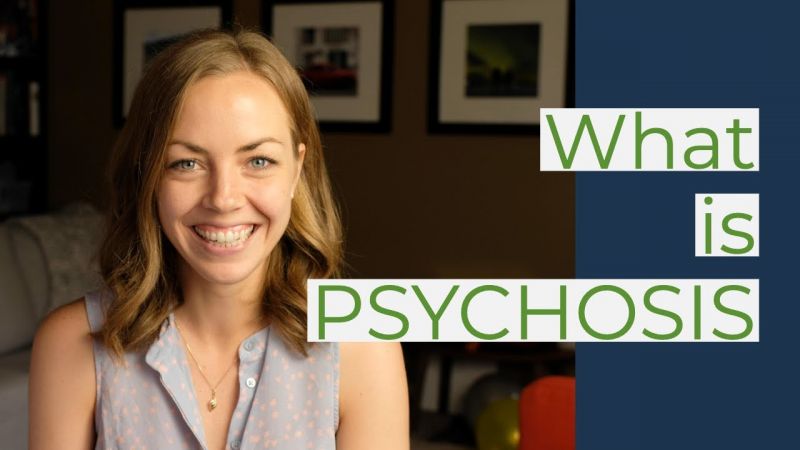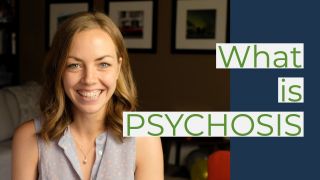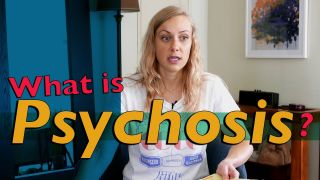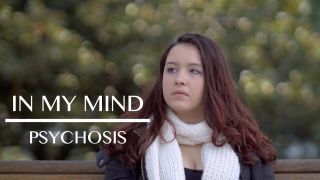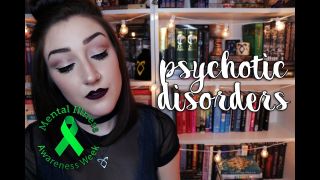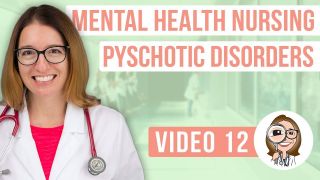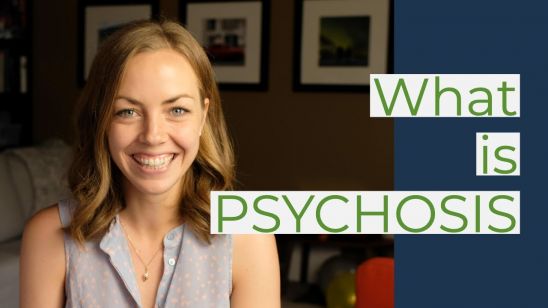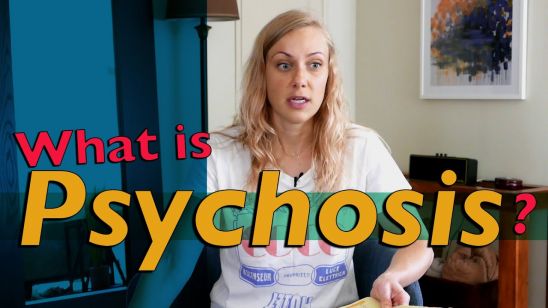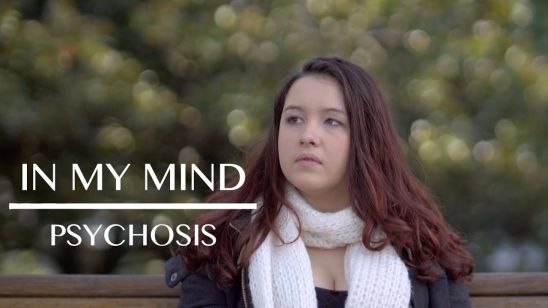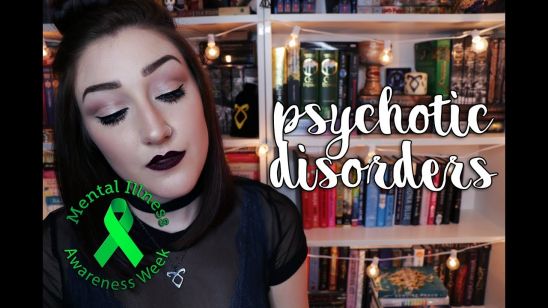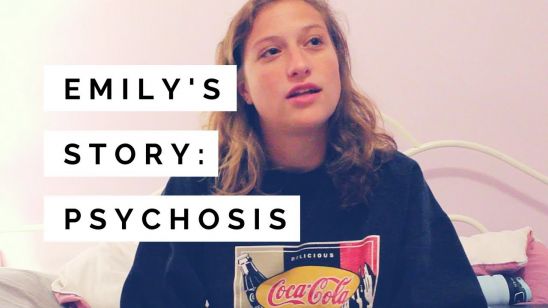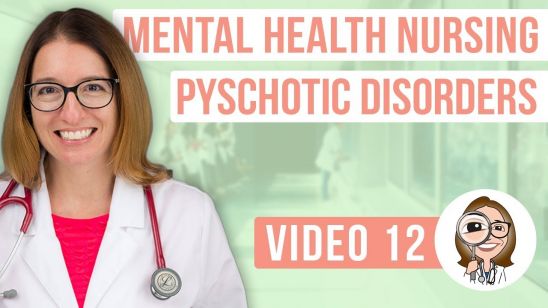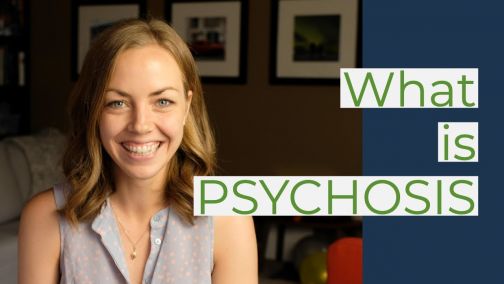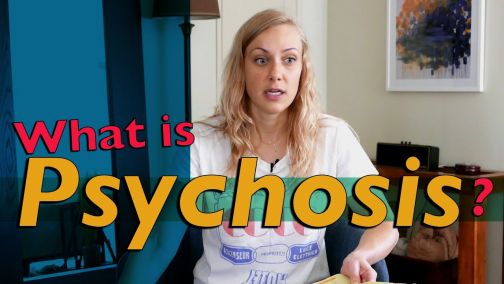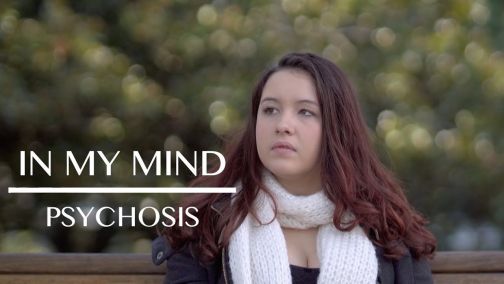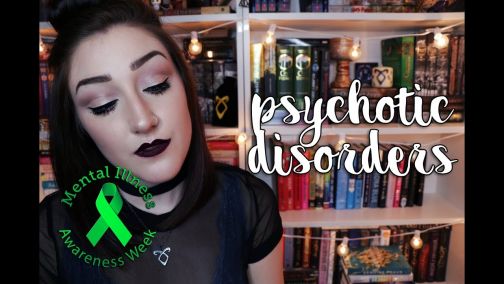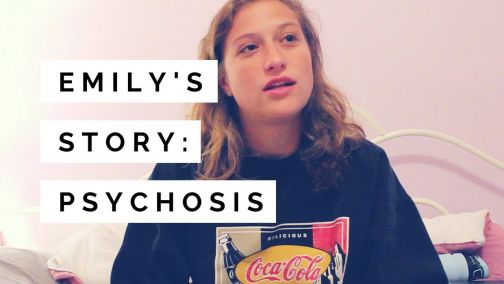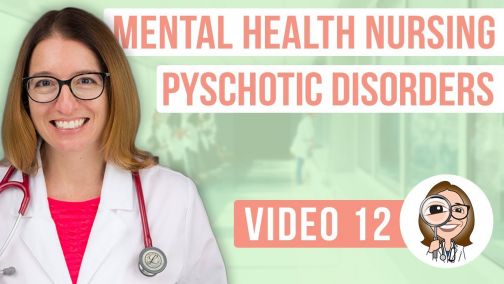Brief Psychotic Disorder
Also known as Brief Reactive Psychosis
What is it?
Thought disorders affect how people think, feel and behave. They create a disconnect between what someone is experiencing, and the world around them. This is often described as experiencing a “break from reality.” When this break happens, it’s called psychosis.
Brief psychotic disorder, also known as brief reactive psychosis, is a rare condition in which a person experiences sudden symptoms of psychosis, such as delusions and hallucinations, for a short period of time. These episodes last for a month or less, after which symptoms subside. There are three types — brief psychotic disorder with an obvious stressor, brief psychotic disorder without obvious stressor, and brief psychotic disorder with postpartum onset.
While short, these episodes can be severe, and increase a person’s chance of harming themselves or others. It is more common in people who have antisocial and/or paranoid personality disorder.
What are the symptoms?
Brief psychotic disorder affects how people think, feel and behave. A person with the condition may seem as if they’ve lost touch with reality. These symptoms often come on quickly, as opposed to conditions like schizophrenia in which psychosis builds up over time.
There are three types of brief psychotic disorder:
- Brief psychotic disorder with an obvious stressor: psychosis caused by a traumatic or stressful incident, such as the death of a loved one, a major car accident or rape.
- Brief psychotic disorder without an obvious stressor: psychosis caused by no apparent trauma.
- Brief psychotic disorder with postpartum onset: psychosis that arises within a few months after giving birth.
The key symptoms of the disorder are:
- Experiencing hallucinations (hearing or seeing things that aren’t there)
- Experiencing delusions (holding false beliefs regardless of them being disproved)
- Displaying disorganized thinking (switching quickly between topics or saying strange things)
- Dressing in unusual or unkempt ways
- Having memory or attention problems
- Seeming disoriented or confused
- Adopting strange sleep patterns
- Being unable to make decisions
If symptoms last longer than a month, other diagnoses will be considered, such as schizophrenia or schizoaffective disorder.
What are some common warning signs?
Brief psychotic disorder can look different in different people. The most obvious indicator of the disorder, is a sense that someone has lost touch with reality, especially after giving birth or following an extremely traumatic event. If you’re concerned that a loved one has brief psychotic disorder, ask yourself the following questions:
- Are they speaking in strange ways, such as very rapidly, incoherently, or by stringing words and phrases together that don’t make sense?
- Do they seem paranoid or on edge? Have they expressed fears about people or scenarios that seem unwarranted?
- Have they mentioned “hearing voices”?
- Have they become extremely religious or adopted very strange religious beliefs?
- Do they seem vacant or empty when you talk to them? Do they exhibit little range in emotion?
- Are they forgetting things easily or misremembering past events?
- Have their mannerisms changed drastically?
- Are they staying up late to research bizarre conspiracy theories or religious ideas? Have they become obsessed with these ideas?
- Have they expressed having hallucinations?
- Do they talk to people who aren’t there?
- Do they have inappropriate emotional responses to different scenarios, such as becoming angry and hostile very quickly?
- Do they seem apathetic to life and out of touch with their responsibilities and relationships?
- Did this behavior start after giving birth or experiencing a traumatic incident?
These behaviors can’t confirm a diagnosis, but they do hint at one. If you feel comfortable doing so, talk to your loved one about this behavior and why you’re concerned.
What causes Psychotic Disorder?
The exact causes are unknown. Doctors believe a range of factors play a role in its development, including being genetically predisposed (i.e. having family members with mood or thought disorders), or living through a traumatic experience that triggers the disorder as a mental coping mechanism.
Postpartum psychosis can occur in women suffering with bipolar, schizophrenia, major depression or schizoaffective disorder. In some cases, postpartum psychosis is the byproduct of trauma during childbirth or hormonal changes in people who otherwise do not experience mental illness.
How is it treated?
Treating brief psychotic disorder often involves a combination of psychotherapy and medication. Healthy lifestyle habits and social support are recommended as well. Once symptoms have subsided, treatment often ends. Most people with the condition recover fully.
Psychotherapy is a broad term that refers to a range of therapeutic approaches. Common models for coping with brief psychotic disorder are:
- Individual psychotherapy: One-on-one sessions that help people better understand and manage their symptoms.
- Cognitive behavioral therapy (CBT): A therapeutic model that challenges negative thinking patterns and behaviors. In CBT, a therapist will help a person establish healthy coping mechanisms for their delusions, hallucinations.
- Cognitive enhancement therapy (CET): Therapy that teaches people how to pick up on social cues and triggers, and improve their memory, attention and thought organization.
Psychosocial therapies may be recommended as well. These help a person function more effectively in social environments. A handful of approaches can be beneficial, including social skills training, rehabilitation, self-help groups, assertive community treatment (ACT), coordinated specialty care (CSC), and social recovery therapy. You can learn more about those here.
Medication is considered a cornerstone of treatment, with antipsychotics being the go-to for addressing psychotic symptoms. While effective, they are known to have heavy side effects, which may make people hesitant to take them.
There are two classes of antipsychotics — first generation (conventional) and second generation (atypical). First generation antipsychotics are older, cheaper and come with more substantial side effects. Second generation are newer and come with less.
- First generation/conventional: Chlorpromazine (Thorazine), Fluphenazine (Prolixin), Haloperidol (Haldol), Loxapine (Oxilapine), Perphenazine (Trilafon), Thioridazine (Mellaril), Thiothixene (Navane)Trifluoperazine (Stelazine)
- Second generation/atypical: Aripiprazole (Abilify), Asenapine (Saphris), Brexpiprazole (Rexulti), Cariprazine (Vraylar), Clozapine (Clozaril), Iloperidone (Fanapt), Lurasidone (Latuda), Olanzapine (Zyprexa), Paliperidone (Invega), Quetiapine (Seroquel), Risperidone (Risperdal), Ziprasidone (Geodon)
It’s important to remember that treatment plans are personalized. If you’re seeking help, make sure you work one-on-one with a doctor to create a plan that fits your needs. Just because a medication or therapy helps someone else recover, doesn’t mean it’ll be the right solution for you. Don’t ever feel guilty about asking for help, taking meds or going to therapy. Addressing your mental health is a productive and courageous thing to do.
How can I help a loved one with Psychotic Disorder?
It can be hard to know how to react when someone you love isn’t doing well. Do they want to talk about it, or would they prefer to keep their experiences private? Will you push them away by starting the conversation?
There are no easy answers to these questions. Every person handles their mental health differently. That said, we all want to feel loved and supported. Showing someone that you’re invested in their wellbeing can make a world of difference. Here are some ways to do so:
- Educate yourself: Read up on symptoms, treatment options, and healthy living recommendations. Try and understand what your loved one is going through so you are better equipped to talk to them about it. This will also make you a valuable resource when it comes time to find treatment.
- Advocate treatment: Asking for help can be hard. Societal stigma often keeps people from opening up to others about their symptoms. Support your loved one by helping them research different treatment methods, or doctors in their area. If they’d like, go to a few sessions with them. Remind them that there’s nothing weird about getting help, and that you’re proud of them for following through.
- Use empathy: The delusions and hallucinations associated with brief psychotic disorder disorder feel very real. Try and refrain from snapping at them when they are in the midst of an episode. Stay calm and remember what they’re going through. Remind them that you’re there for them and that you love them.
- Help them out: People in severe mental distress may struggle to keep up with daily responsibilities, such as preparing meals, paying bills, or cleaning up. Make time to do these things with your loved one so they feel supported, and don’t get bogged down by unfinished work.
- Be patient: Don’t take it personally if they lash out at you. They are battling something that’s very hard to overcome. Their distance has nothing to do with who you are as a person. Keep showing up for them even when it feels like it’s not helping. The act alone lets them know that they have people in their life who care.
Loved ones of people with brief psychotic disorder may be asked to help monitor their medication, and look out for signs of a relapse. If you think they pose a threat to other people or themselves, seek immediate help. And finally, remember to take care of yourself. Find counseling of your own if you are struggling to cope with their condition.
What other resources are out there?
Want to learn more, find a doctor, join a support group or speak to a counselor? The below resources might be able to help:
- American Addiction Centers
- Schizophrenia and Related Disorders Alliance of America
- Zur Institute
- Crisis Text Line
- BetterHelp
- Psychology Today Directory
- American Psychiatric Association
- Medicaid Eligibility Information
- Open Path Collective
- Resources for POC, LGBTQ+ and disabled individuals
- Anxiety and Depression Association of America
- National Network of Depression Centers
- Medicine Assistance Tool
- NeedyMeds
- Erika's Lighthouse
- Anxiety Network
- Anxiety Central Forums
- National Social Anxiety Disorder Center
Support our work
We’re on a mission to change how the world perceives mental health.
